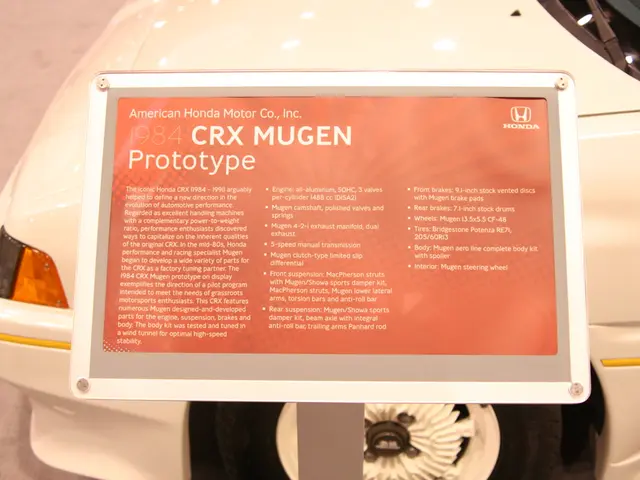5G and IoT Transforming Factories: Airbus, Nokia Lead the Way
A global beverage manufacturer has seen a boost in digital engagement and tech adoption thanks to its IoT-driven Operations Initiative. Meanwhile, private 5G networks are transforming factories and supply chains worldwide, with notable European enterprises like Airbus and Nokia leading the way.
Private 5G networks offer manufacturers full control over coverage, capacity, and data privacy. This dedicated bandwidth and robust security enable real-time data collection, transforming traditional factories into smart, responsive environments. Artificial Intelligence, combined with reliable connectivity, can predict and reduce downtime, optimize production flows, and enable dynamic automation.
In 2022, Airbus took a significant step in its digitalization strategy by establishing private 5G networks in Hamburg, Toulouse, and other European sites. Similarly, Nokia and Boldyn Networks deployed a private 5G network in a Finnish mine to support underground communications and autonomous vehicle control. These initiatives highlight the growing adoption of private 5G infrastructures across industries.
5G-enabled factories can enhance productivity by up to 30%, halve assembly times, extend asset lifespans, and improve defect detection rates. The COVID-19 pandemic underscored the need for hyper-connected industrial environments, making connectivity a strategic asset for maintaining competitiveness and operational continuity. Beyond factory walls, connectivity enables real-time asset tracking, reducing theft and spoilage, and automating inventory management.
As industries embrace the age of Industry 4.0, connectivity is proving to be the backbone of modern manufacturing. With private 5G networks and IoT devices driving real-time insights and automation, industries are entering a new era where seamless information flow is crucial, much like the swift movement of a ball in team sports.
Read also:
- Ford Discontinues Popular Top-Seller in Staggering Shift, Labeled as a "Model T Event"
- Summarized Report: Insights from the Realm of Transportation
- Dubai-bound: Omega Seiki Mobility, an electric vehicle company from India, prepares for assembly establishment
- BMW's Innovative Debrecen Factory: Birthplace of the iX3 and the Neue Klasse








